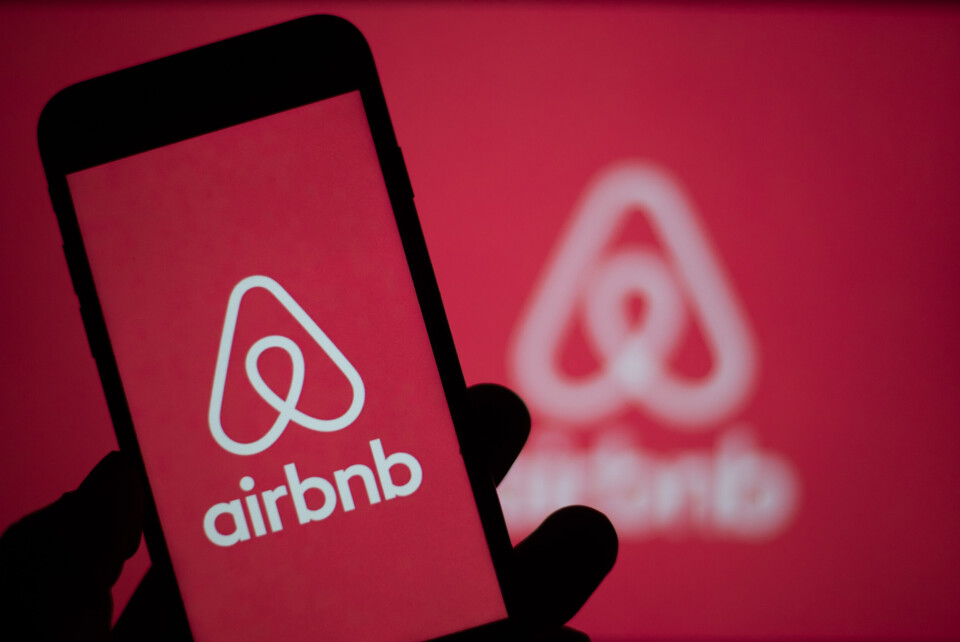-
Proposed law will stop French banks from closing accounts for no reason
The legislation has sparked debate over financial regulations
-
Health reimbursements linked to income supported by French state auditor
The controversial move aligns with prime minister's plans to cut costs
-
Exemption from fees to register electric car to end across most of France from May
Applying for a carte grise will soon become more expensive
Tourism tax: €148m paid to French communes from Airbnb stays in 2022
A significant part of the taxe de séjour income goes to Paris but almost 30% of the total collected is paid to rural communes with fewer than 3,500 residents

Airbnb collected €148million in taxes for onward payment to French cities / towns in 2022, an increase of 60% compared to 2021, with Paris, Marseille, and Nice the top three most highly-paid places.
The amount more than doubled in some areas compared to the previous year due to the return of tourism following the Covid-19 pandemic.
The money is for the taxe de séjour (tourism tax) that Airbnb and other tourist rentals in France are required to pay if based in a commune which levies this tax. The amount is charged on top of the nightly rate, and paid to the commune by the property’s owner or rental management company. The amount is fixed, and is between 1-5% per night per person.
- Paris: Received €24.3million
- Marseille: €2.8million
- Nice: €2.4million
The amount paid to Nice doubled for 2022 compared to 2021. It almost doubled in Marseille in same period.
In a statement, Airbnb said that France was the second-highest earner on the platform, second only to the US.
The intention is that communes will use the tax money to develop their own tourism offerings.
It said: “These large towns benefit from the return of international travellers and major events, which are attracting people back to their area once again.”
Most revenue went to cities and towns but almost 30% of the taxe de séjour collected in 2022 was in rural areas with fewer than 3,500 inhabitants. This is about the same percentage as in 2021 (29%).
Airbnb said that it has collected and on-paid the appropriate “revenue from hosts (ie those letting properties via Airbnb) to the fiscal administration authorities once a year since 2020”, and that since 2021, it has given local authorities “detailed data of completed stays” via its website in compliance with regulations.
The platform also said that it was working on a way to work with “EU member states and fiscal authorities to automate the collection and payment of the taxe de séjour”.
It comes after the European Court of Justice (ECJ) made it mandatory for short-term tourist accommodation rental platforms to communicate information on transactions to national tax authorities. The ECJ was consulted following a dispute between Belgium and Airbnb Ireland.
Airbnb (and similar platforms like Booking.com) regularly faces severe criticism from many popular tourist destinations in France, whose residents accuse it of pushing local property prices beyond affordable levels and of creating ghost towns of second homes to rent.
In Provence-Alpes-Côte-d'Azur, landlords in many communes must declare their rental to their local mairie. They must be registered and have permission to rent the property out short-term, and can only do so for 120 days per year.
These rules apply to cities including Nice, Marseille, Aix-en-Provence, and Cassis. Paris also has similar rules. An Airbnb host and company in the capital were recently fined €189,000 for having rented out an apartment without having the correct licence to go beyond the standard 120-day-per-year limit.
Some towns have also been working on ways to limit the expansion of Airbnb and similar short-term rental platforms. Late last year one property developer said that he had banned Airbnbs from his properties to encourage year-round accommodation instead.
Related articles
The French tourist cities taking a stand against Airbnb-style lets
Airbnb launches €1million eco-friendly plan for hosts in France
Airbnb host and company fined €189,000 for illegal rental in Paris
























